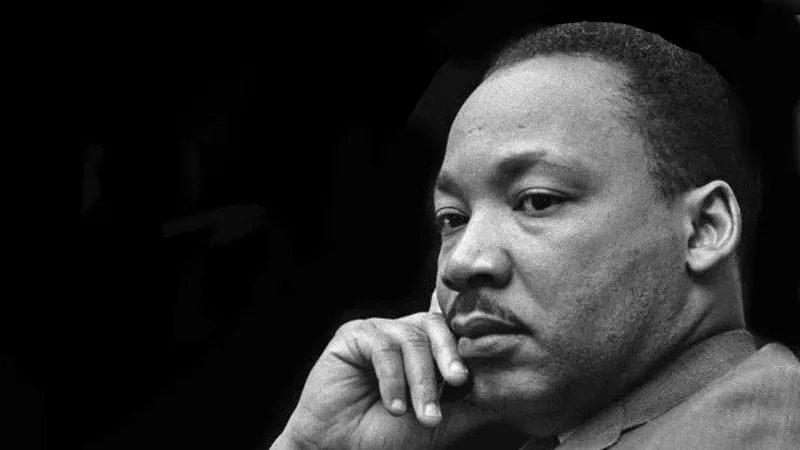NOT FIT FOR A KING
Today the worrisome winds of 1968 are once again blowing cold over our nation ...
You had to be alive in 1968 to believe it even happened.
I was a sandy-haired lad growing up in a Northern New Jersey suburb at the time, comfortably tucked into a commuter neighborhood where the uneven sidewalks got all the traffic and led to the train stations, stores, schools and churches.
I attended Evergreen Elementary School, and lived on Cedar Bro…
Keep reading with a 7-day free trial
Subscribe to Enough Already to keep reading this post and get 7 days of free access to the full post archives.




